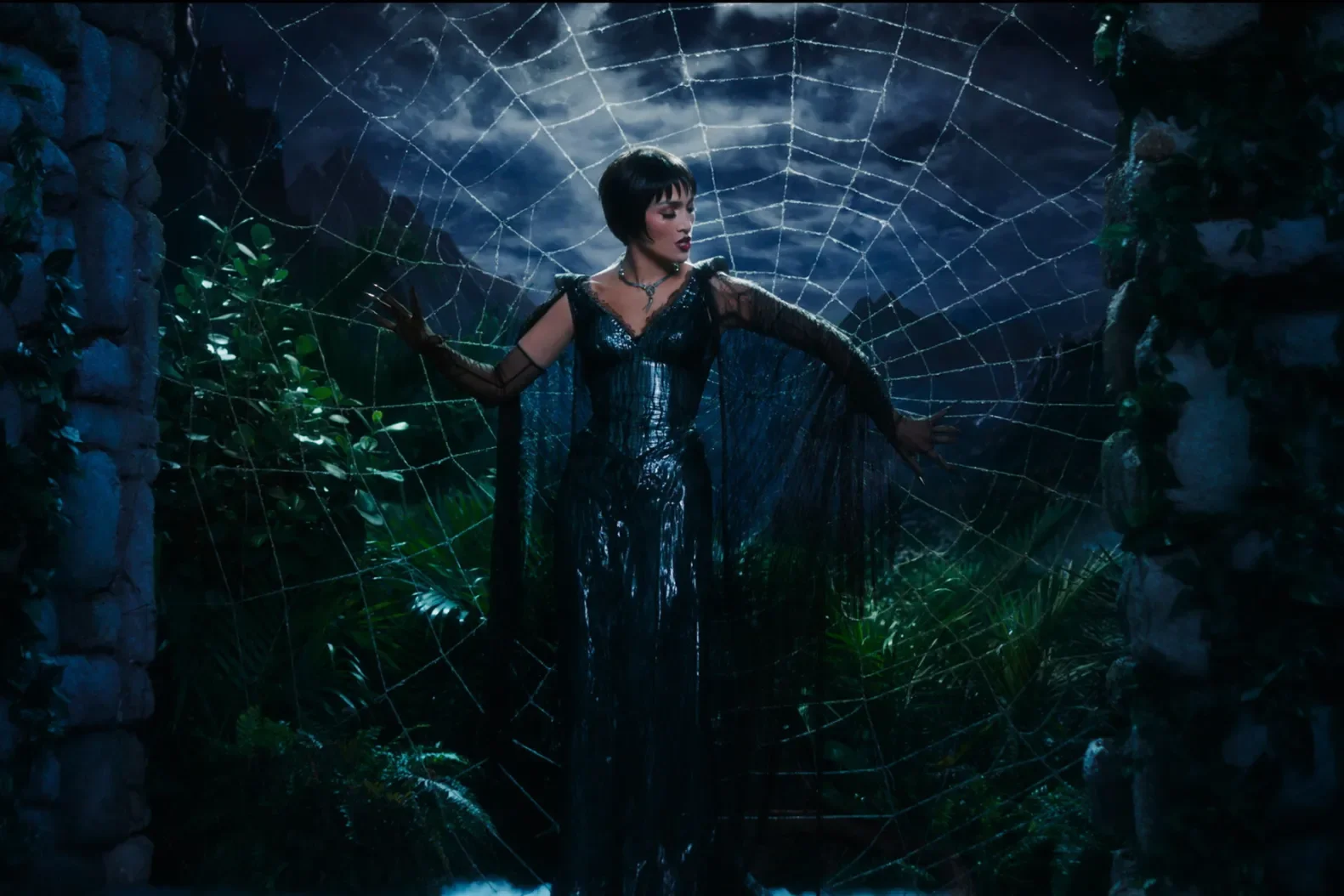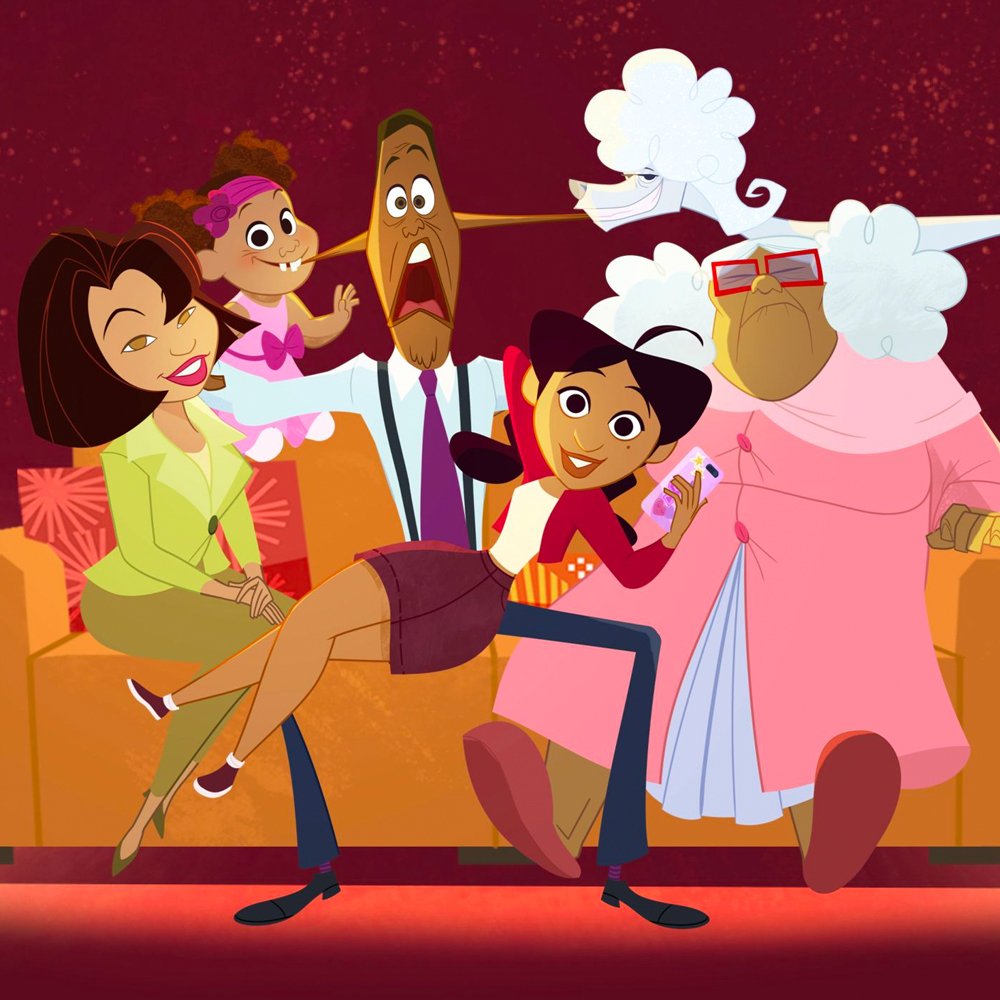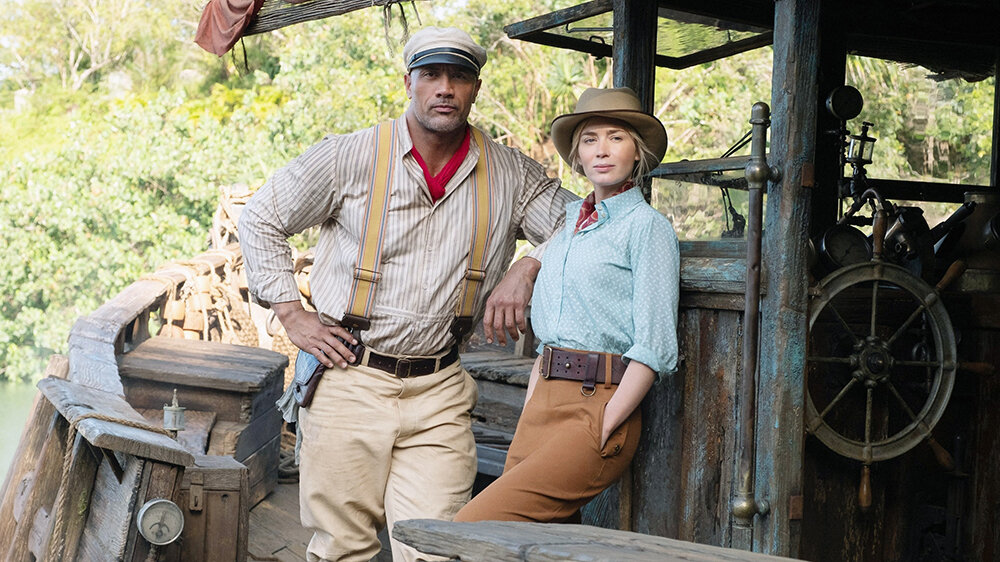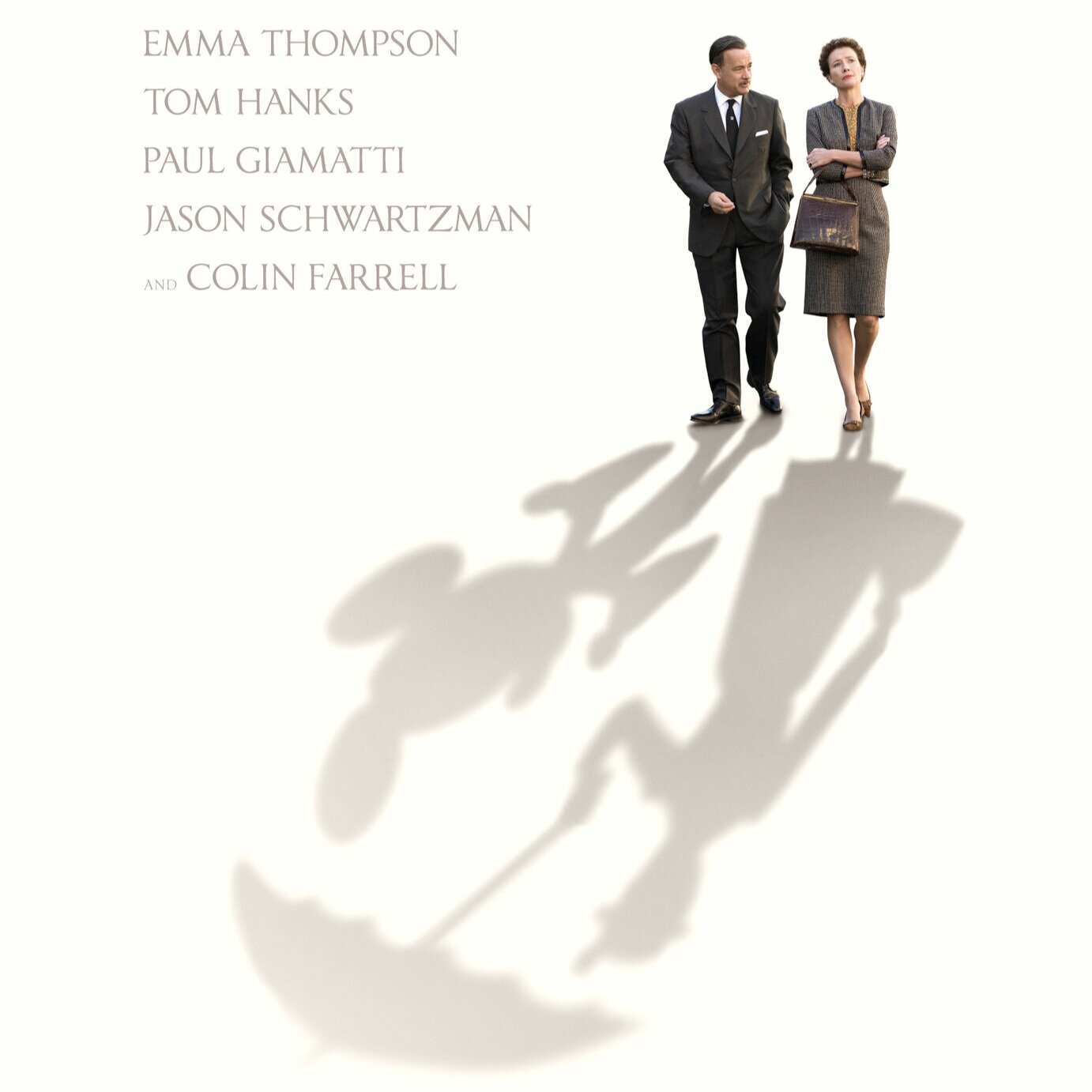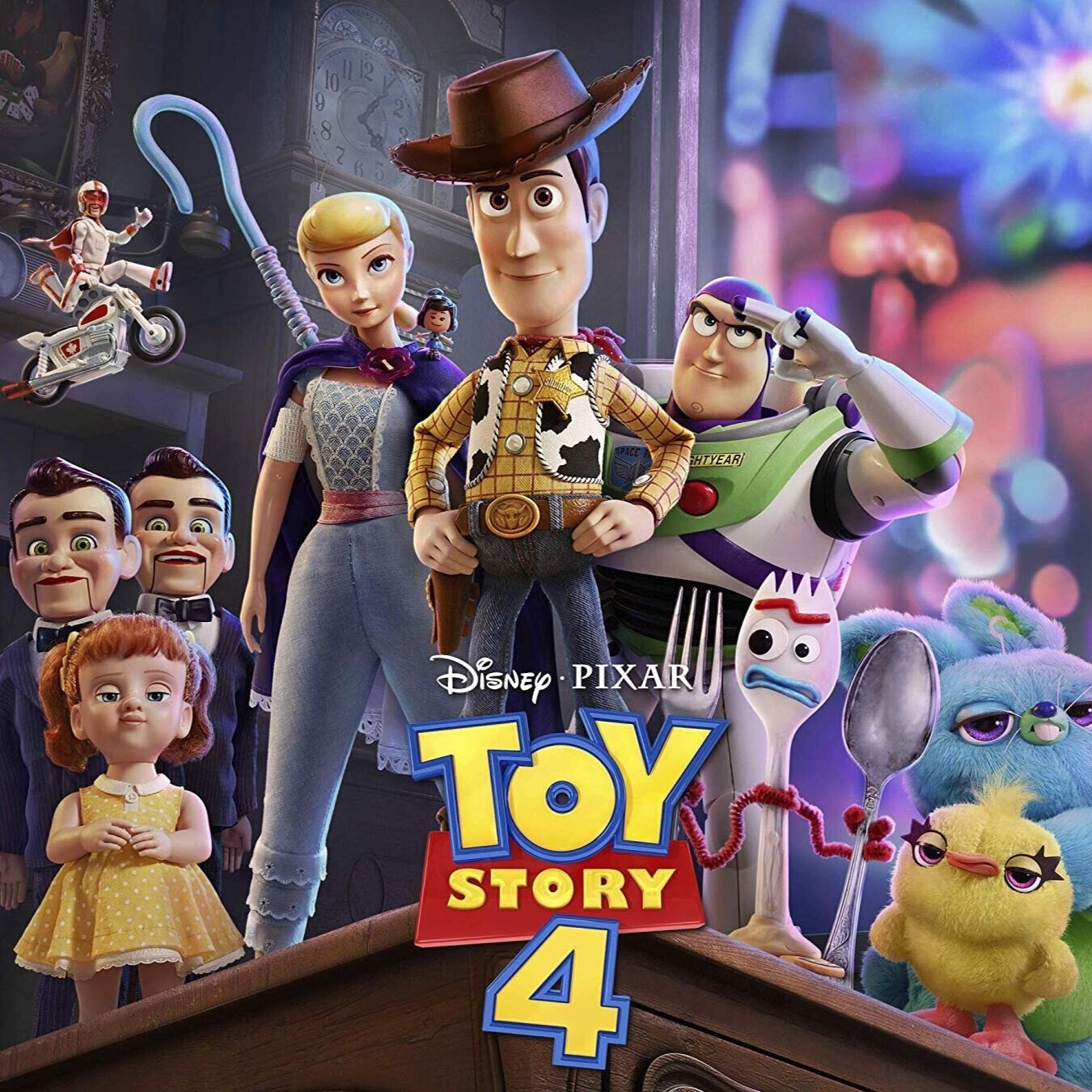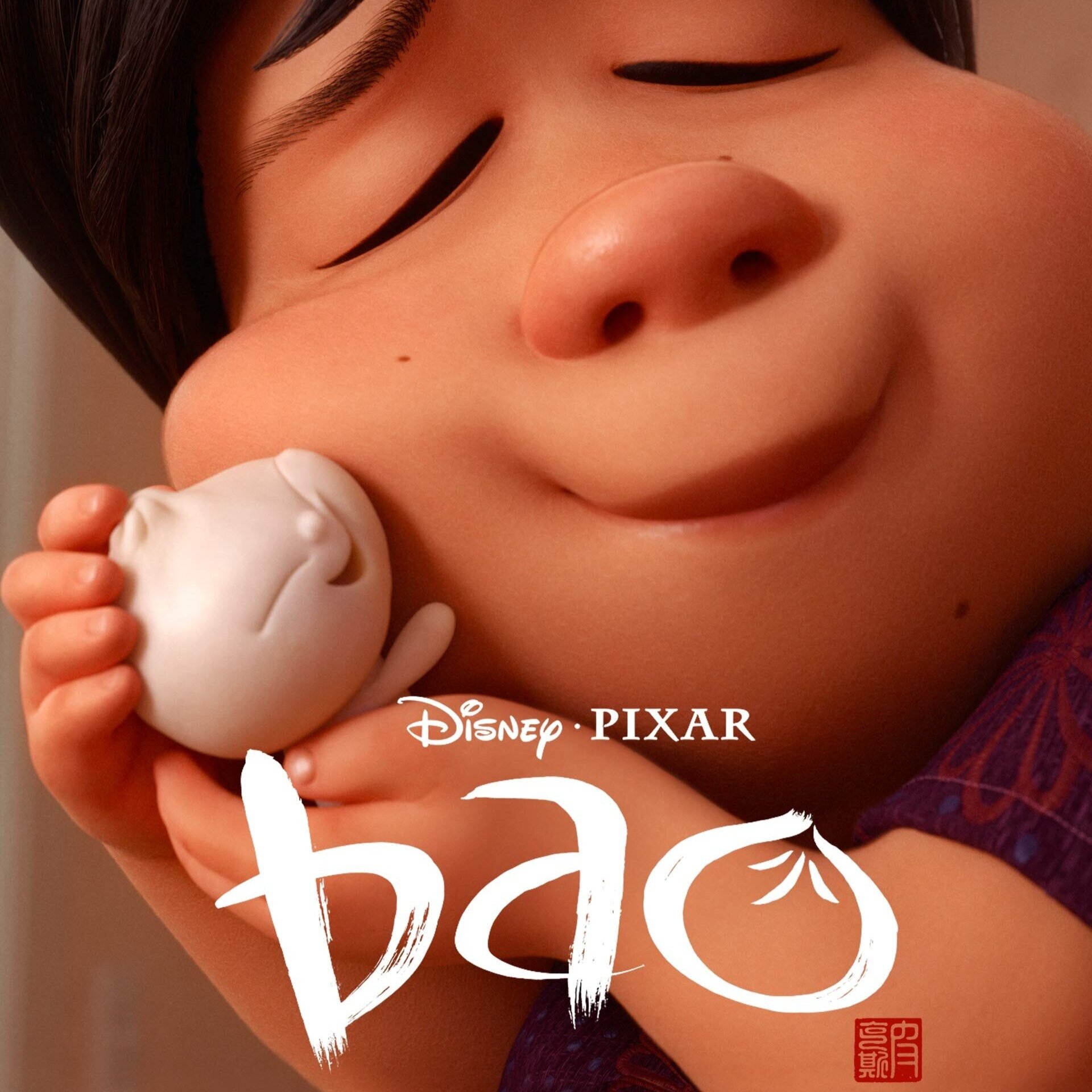Pixar’s Turning Red: The Antidote Against Everything That’s Wrong In Hollywood
Moviegoer Rating: ★★★★★
When I began learning more about the film industry in high school, I was surprised to learn that an artistic field–something I assumed would be stereotypically associated with women–was in fact dominated by white men. I remember reading about the hurdles that female screenwriters, directors, and producers faced to be given seats at the table, and being shocked that they had to overcome so much just to have their voices heard.
Luckily, as I sought out to pursue this work in college, I found a supportive community and mentor network that was excited about my ideas. They were so supportive, in fact, that the struggles of women in the industry momentarily eluded me.
But the conversation around Pixar’s Turning Red has brought it all back.
Turning Red tells the story of Meilin Lee (Rosalie Chiang), a 13-year-old Chinese-Canadian girl who inherits a curse that has impacted the women in her family for generations: when her emotions get too strong, she turns into a giant red panda. Though navigating this sudden change is awkward and frightening for Meilin, her mother (Sandra Oh) reassures her that at the next red moon, she will undergo a ritual that will banish her inner panda forever. Yet while waiting for the day to arrive, Meilin begins to realize that maybe her panda can be used for good - but is that something she can ever tell her family?
Since its premiere on February 21st, Turning Red has been a source of controversy on many different topics. Some Pixar fans have complained that its animation style is “too cartoonish.” A now-deleted CinemaBlend review criticized the film’s Asian cultural influences, a sentiment echoed by a New York city pastor who accused the depicted Chinese traditions of being anti-Christian and “demonic.” And most of all, reviewers across the country have been horrified at the very subject matter that the movie seeks to demystify: female puberty and teenagehood. The very mention of period products has some parents horrified, posting “let kids be kids” on their Twitters and vowing never to trust Disney again when it comes to its content offerings for children. (The fact that “kids” get periods, of course, seems to be forgotten.)
And coincidentally, the film that has beloved Pixar under fire for going “too far” is also the studio’s first to have an all-female team of creators.
Many have used the mounting criticism around Turning Red to point to a double standard when it comes to films created by women–and especially women of color. After watching the film and basking in its sheer brilliance, I couldn’t agree more with the observation. Turning Red is as playful as it is powerful, and offers relatable female characters and relationships in all of their complexity. Gone are one-dimensional women; instead, the film offers an honest portrayal of a teen going through puberty, and a nuanced understanding of how mother-daughter relationships change as a girl grows up. That honesty and nuance, brought to life by some of the most talented women in the film industry today, seems to be more than Hollywood can handle. Combine that with an empowering representation of Asian culture and a deep message about relating to one’s heritage, and people seem to have lost their marbles.
Granted, the film’s target audience certainly skews older than some other Pixar films, most evidently because it’s about a 13 year old, but additionally because of instances of mature language, like the use of “crap” and “sexy.” Yet that is precisely why the movie is rated PG (short for parental guidance) instead of G. I could understand a parent choosing to wait until their child reaches a certain age before showing them the film.
What I cannot understand is how a parent with a growing girl would not see the power in a movie that can help their child go through puberty in a healthy and understanding way. In Turning Red, Meilin Lee learns to overcome the awkwardness of being a teenager by leaning on her friends and family for support. Her dad is the first in the family to understand what she’s going through—and honestly, who doesn’t wish their dad had been less weird when they went through puberty?—and eventually, her mom also comes around. As such, the movie not only offers powerful lessons for young girls, but for parents of girls as well. And finally, as the narrative comes to a close, Meilin strikes a beautiful balance between honoring her family and being herself. What could be a more wholesome message than that?
To top it off, Turning Red is artistically stunning. The bright colors and designs pay homage to the iconic aesthetics of the early 2000s, while also giving an upbeat tone to the entire movie. The subtle scenery details are also designed and animated to perfection, from the dainty cherry blossoms on the trees to the shiny koi swimming in the temple’s pond. A detail I especially loved was how the movie showed closeups of all the traditional Asian foods being cooked in Meilin’s house. The directorial choice seemed to draw inspiration from John M. Chu, another legendary Asian-American director, bringing attention to what I’d argue is the best part of any world culture—its food.
While the criticism of Turning Red shows exactly what women in Hollywood (and outside of it) are up against, the good news is that female filmmakers couldn’t have asked for a better film to help instigate the change that the entertainment industry so desperately needs. The creativity and artistic vision of director Domee Shi, producer Lindsey Collins, and all of the other female creators behind the film prove just how talented women can be and serve as evidence for why studios should place more projects into female hands. Long after social commentary dies down, the film will forever remain a stunning example of realistic, empowered female characters of color dealing with real-life issues. With Turning Red as the guide, I’m excited to see what hits screens next from women at Disney, Pixar, and beyond.
Turning Red is now streaming on Disney+.
Popular Reviews








